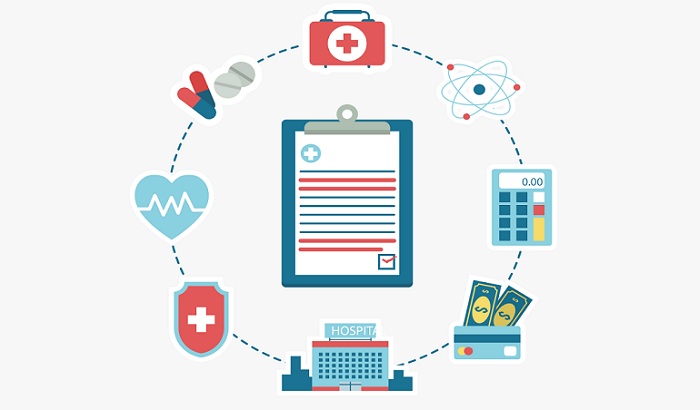Several electronic health records over the past week have announced that their customers can enable greater patient control over record-sharing via the Apple Health app.
Cerner, Meditech Expanse, Allscripts, athenahealth and DrChrono are all among the companies that are working with Apple to facilitate more seamless data exchange.
“For too long our industry has worked in silos, and patients have been left out of the decision as to who has access to their health records and when,” said Meditech Executive Vice President Helen Waters in a statement.
“Patient empowerment is an important element to any successful interoperability strategy,” she said. Earlier this month, Apple made waves throughout the health IT industry with its announcements at its annual developer conference about forthcoming wellness features.
These included walking stability assessments and new tracking tools, along with new EHR vendor integrations. According to Cerner and Meditech, starting this fall patients can share information from the Health app – including activity, heart rate and sleep cycle tracking – with providers, who can then view it via an EHR-housed dashboard.
Providers can then more easily review trends and changes over time, say the companies. They also have the opportunity (with permission) to review patient-shared data from the Apple Watch and a variety of third-party apps and connected devices.
Patients, meanwhile, can access their allergies, conditions, immunizations, lab results, medications, procedures and vitals directly within the Health app. The app’s end-to-end encryption is supported by the SMART on FHIR standard. Cerner and Meditech note that patients can decide which data types they choose to share, and with whom.
“From a security perspective, Apple has been very clear that they don’t have access to the data,” said Jessica Oveys, director of product market management at Cerner, in an interview with The Kansas City Star. “It’s stored and managed in such a way that it really is patient-specific, consumer-specific,” Oveys added.
Apple’s Health Records app, which uses HL7’s FHIR specifications, has been gaining momentum since the company announced its launch in 2018.
That momentum, particularly for the company’s new EHR-partnering feature, will undoubtedly be aided by the U.S. Office of National Coordinator for Health IT’s information blocking rules, which took effect this April.
Still, although the deadline for compliance has passed, many providers remain confused about the requirements – and ONC’s Micky Tripathi says that education and outreach about the rules will be high on the agency’s to-do list.
“We are excited to support this new feature in the Apple Health app and work with our customers to provide patients with a convenient means of sharing their health records and other types of health data with their physicians and care teams,” said Meditech’s Waters.
“This is a big step forward for healthcare and a significant win for consumer engagement,” she added.


















